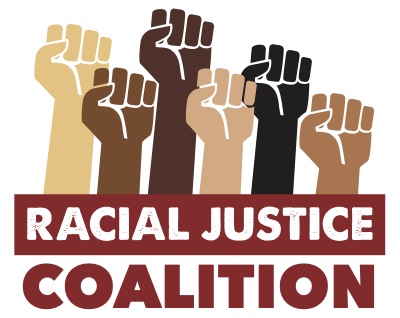“Slavery was a long time ago. Why should people today be held responsible?”
- Response: While slavery may have ended long ago, its legacies persist. Generations of Black people have faced systemic discrimination, economic disadvantages, and social exclusion, contributing to ongoing racial disparities. Reparations aim to address these lasting effects and promote racial justice. “Two hundred fifty years of slavery. Ninety years of Jim Crow. Sixty years of separate but equal. Thirty-five years of racist housing policy. Until we reckon with our compounding moral debts, America will never be whole.” (The Case for Reparations, by Ta-Nehisi Coates, Atlantic Magazine, 2014)
“I didn’t personally oppress anyone, so why should I pay?”
- Response: Reparations are not about assigning blame to individuals but recognizing and rectifying historical injustices. By acknowledging the collective responsibility of society, reparations seek to promote healing, equity, and a more just future for all.
“Wouldn’t reparations be unfair to other groups who have also faced discrimination?”
- Response: Reparations for Black people do not negate the experiences of other marginalized groups. Recognizing and addressing the specific harms endured by Black communities does not diminish the struggles faced by others. Reparations for Black people can serve as a step towards rectifying historical injustices and fostering a more equitable society for all.
“How would reparations be funded?”
- Response: Funding mechanisms for reparations can vary and require careful consideration. Proposals have suggested a range of sources, such as government appropriations, wealth redistribution, corporate responsibility, or the reallocation of resources. The goal is to create a comprehensive approach that ensures the burden is shared fairly and promotes social and economic justice.
“Won’t reparations cripple the country financially?”
- Response: Research actually indicates that a robust reparations program that succeeds in shrinking the racial wealth gap would significantly boost the national economy by as much as 4% of GDP, or between $1 and $1.5 trillion. (The economic impact of closing the racial wealth gap, N. Noel, D. Pinder, S. Steward, J. Wright, 2019, McKinsey Institute for Black Economic Mobility)
“Wouldn’t reparations create division and resentment?”
- Response: The aim of reparations is not to create division but to address historical injustices and promote healing. By acknowledging and rectifying past harms, reparations can help foster reconciliation and unity. It is important to approach these conversations with empathy, understanding, and a commitment to promoting a more just society for all. “What I’m talking about is more than recompense for past injustices—more than a handout, a payoff, hush money, or a reluctant bribe. What I’m talking about is a national reckoning that would lead to spiritual renewal.” (The Case for Reparations, by Ta-Nehisi Coates, Atlantic Magazine, 2014)
“What about those who have mixed ancestry or recent immigrant backgrounds?”
- Response: Reparations discussions should consider the diversity of experiences within the Black community. While some proposals focus on direct descendants of enslaved individuals, others advocate for broader initiatives that address systemic racial disparities. A comprehensive approach can encompass the experiences of various black populations while promoting inclusivity and equity.
